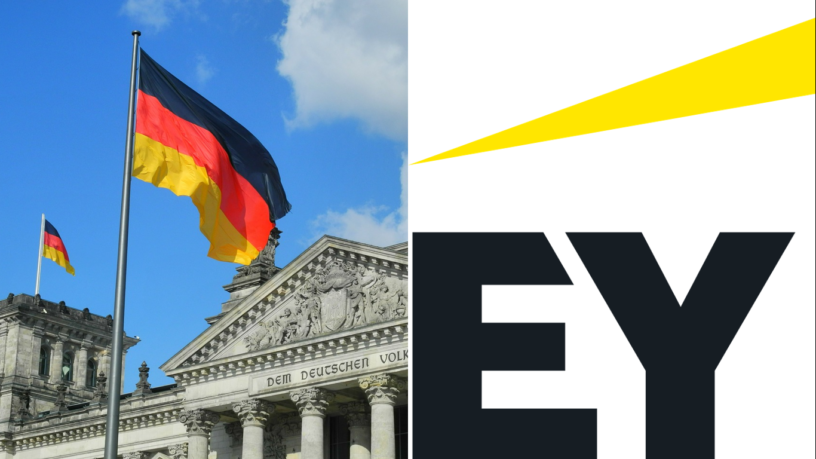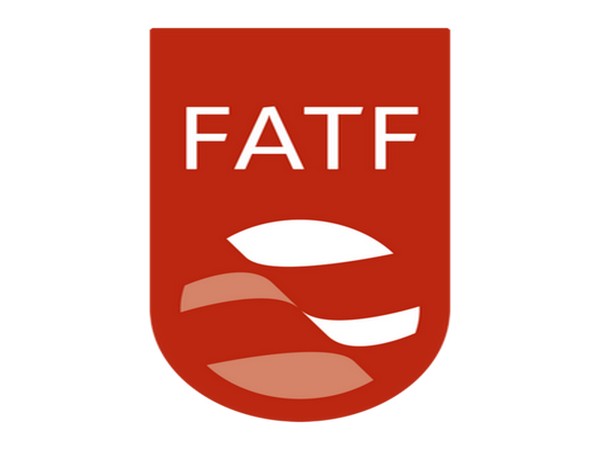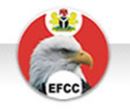By AMLi Correspondents
GERMANY’S independent audit supervisor has written to prosecutors saying it suspects EY may have committed a criminal act during its audit of scandal-hit Wirecard, it’s been reported.
Apas, the central audit supervisor, reportedly sent an interim assessment late September to prosecutors in Berlin, seeking that they share the findings with criminal prosecutors in Munich.
German newspaper Handelsblatt broke the story on the Apas conclusions and the matter has also been reported on by The Financial Times.
In the document, the watchdog reportedly found indications that EY potentially violated its legal due diligence and reporting obligations during the Wirecard audits.
EY Germany said in a statement it “vehemently rejects” the Apas suspicion it acted criminally. The Big Four firm said that “based on our current state of knowledge, our colleagues conducted the audits professionally and in good faith” and that there were “absolutely no indications for criminally relevant misconduct by EY auditors in the Wirecard case”.
The company went on: “EY has been fully supporting the investigations of the relevant government agencies from the start and will continue to do so.”
This is the first time any of the German state authorities and watchdogs investigating the Wirecard scandal has said EY may have broken the law during its audits of the Munich-based payments group.
The FT reported that Munich prosecutors said were evaluating the evidence compiled by Apas and had not yet come to a conclusion. The Munich prosecutors have not launched any criminal investigation into current or former EY staff.
EY was Wirecard’s auditor for more than 10 years and gave the company a clean bill of health. Earlier this year it was discovered that €1.9bn in corporate cash did not exist, driving the company into insolvency and causing huge reputational damage to German financial services.
On Thursday last the scandal was the subject of a parliamentary hearing in Berlin. KPMG partner Alexander Geschonneck who has been leading a special audit into Wirecard accounting described how EY had been asked to confirm it had followed normal procedures in checking bank account balances. The firm had not so far confirmed this.
“There was no account information and no bank documents,” he said of accounts where large cash sums were supposed to be held. “For 2016 to 2018, there was just nothing,” he told the hearing. “What we did [in the special audit] was no rocket since. It wasn’t done [before by EY],” he added.
Social Democrats MP Jens Zimmermann said: “A proper annual audit would have exposed the Wirecard fraud.” Green MP Danyal Bayaz said the testimony was “disastrous” for EY.
Independent audit watchdog Apas began investigating EY’s work at Wirecard after the FT reported that many important clients of the firm seemed not to exist. Apas can issue fines for misconduct and in extreme cases disbar auditors.
Earlier this week in response to reports around the Apas document EY quoted Munich chief prosecutor Hildegard Bäumler-Hösl as saying, “we currently do not see enough evidence for criminally relevant behaviour by EY auditors in the Wirecard case”. However Munich prosecutors swiftly took issue with the statement, saying the quote had been taken out of context and did not refer to the Apas letter.
The prosecutors said: “We cannot confirm EY’s assessment that there are no indications for criminally relevant misconduct by EY in the Wirecard case as this is still being scrutinised.”
The Financial Times which assiduously reported inconsistencies in the Wirecard story reported in June that EY, for at least three years, failed to request account information directly from a Singapore bank where Wirecard claimed it held large sums of cash.
It rounds off a bad few weeks reputationally for EY. Last week AML Intelligence reported how a prominent UK anti-corruption group had called on the British Government to ban accountancy firm EY from public contracts for three years, it said in a statement Monday.
Spotlight on Corruption, a registered charitable company, said it wrote to the government’s procurement body, the Crown Commercial Service, asking it to review whether the accountancy firm Ernst & Young (EY) should be banned from bidding on public contracts following a spate of recent scandals.
EY, considered to be a part of the elite ‘Big Four’ club of accounting firms, is one of the world’s largest and most profitable professional services companies. Headquartered in London, it is currently under investigation by the UK’s Financial Reporting Council for its audits of scandal-ridden private hospital operator NMC Health and investment company London Capital & Finance that collapsed last year.
NMC Health, the former FTSE 100 healthcare group, collapsed this year after discovering that more than $4 billion was apparently hidden from its balance sheet in a large-scale fraud that spanned operations from Abu Dhabi to London.
Earlier this month, NMC Health administrators announced their plans to sue EY for more than £1 billion for accounting negligence.
Abroad, EY has been fighting multiple court cases for its involvement in international audit scandals with a Dubai gold company and the now-insolvent Wirecard.
Recently, an English high court ordered EY to pay $11 million to a former employee who sued the firm on grounds of accounting misconduct concerning the Dubai gold company, Kaloti Jewelry International. The judgement concluded that the firm colluded with the gold company to hide illicit exports and helped obscure audit findings that included suspected money laundering.
On the continent, EY is dousing flames of another fire after failing to identify frauds in German payments processing company Wirecard in what may become one of the largest accounting scandals in German postwar history. On June 25 this year, Wirecard filed for insolvency after revelations that €1.9 billion was ‘missing’.
Spotlight on Corruption said that “in light of EY’s failures in these and other scandals, which we believe may amount to grave professional misconduct that renders EY’s integrity questionable – failures that have seen EY face multiple investigations by regulators across Europe including in the UK – the firm’s suitability for public contracts should be reviewed.”
The group argued that banning companies for a set period of time from public contracts, known as debarment, is increasingly recognised globally as an effective tool to protect the integrity of public contracting and prevent corruption, money laundering, fraud and other misconduct.
“Unless companies like EY, that have a strong monopoly on public contracts, know that they will face consequences for poor behaviour and misconduct, there is little incentive for them to perform those contracts as efficiently and as well as possible,” the statement read.
The ‘Big Four’ — Deloitte, EY, KPMG and PwC — are called so because of their dominance of the global high-value professional services market. Earlier this year, UK watchdog Financial Reporting Council announced that it had told the ‘Big Four’ to separate their audit arms from their consultancy units by 2024 in a major shake-up of the sector.
While the four firms are powerful lobbies in Westminister and other world governments, the sustained series of international scandals reveal a pattern that may urge the UK Government to step up action and implement stricter policies that ensure the primacy of public interest over big business, paralleling the antitrust investigations of Big Tech in the US and the EU.
Share this on:
Follow us on:











